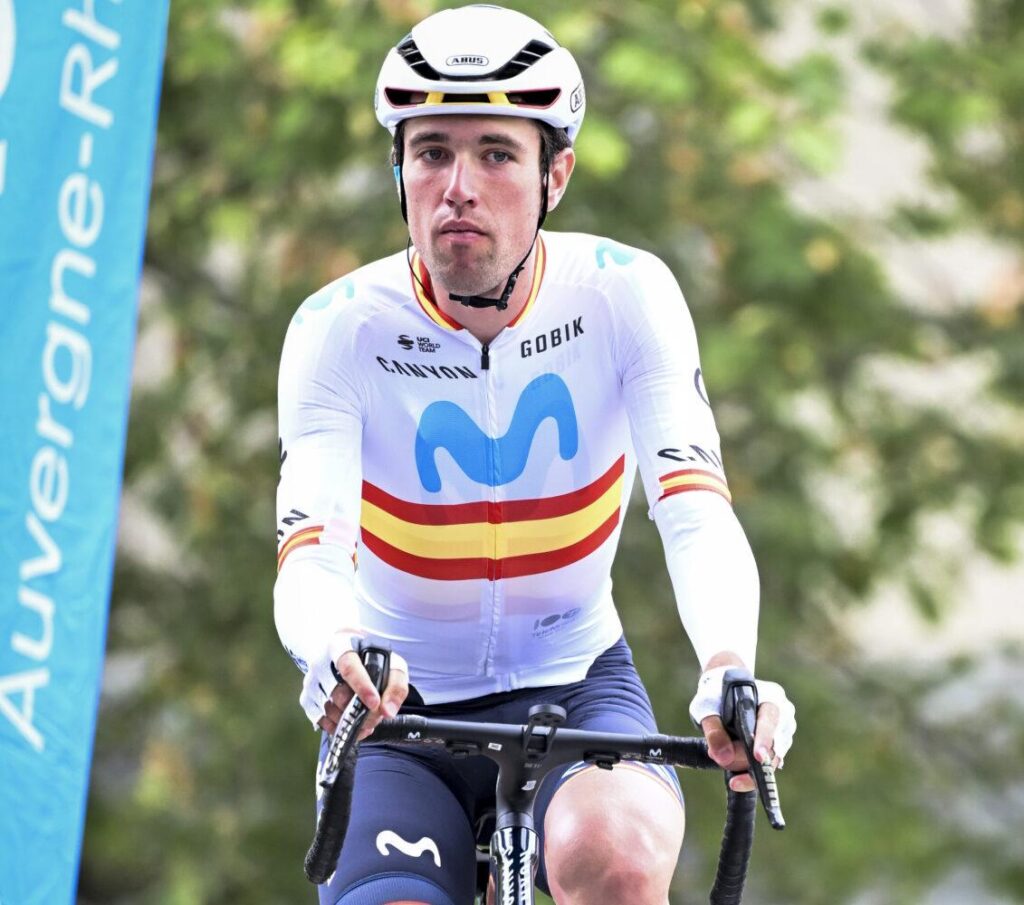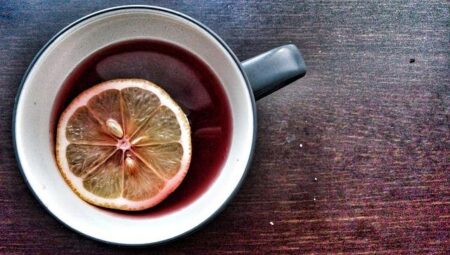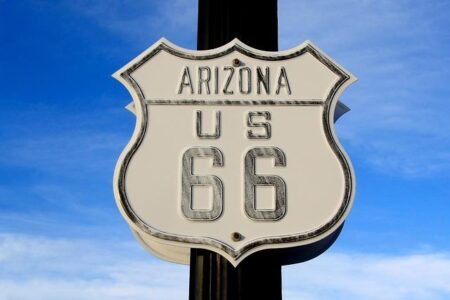Title: “Oier Lazkano Protests Innocence Following UCI Suspension: ‘I Am a Clean Athlete and a Person of Integrity'”
In a spirited defense of his reputation, Spanish cyclist Oier Lazkano has publicly asserted his innocence following a suspension imposed by the Union Cycliste Internationale (UCI) due to alleged doping violations. In a poignant statement, Lazkano expressed his unwavering commitment to clean sport, declaring, “I am a clean athlete and a person of integrity.” The suspension has sent shockwaves through the cycling community, raising questions about the integrity of the sport and the complexities of anti-doping regulations. As details surrounding the case emerge, Lazkano’s insistence on his innocence signals a broader confrontation between professionalism and the burdens of scrutiny faced by athletes in an era increasingly defined by the fight against performance-enhancing drugs.
Clean Athlete Oier Lazkano Asserts Innocence Amidst UCI Suspension Controversy
Oier Lazkano, a rising star in the cycling community, has publicly declared his innocence following the UCI’s recent suspension announcement. Pointing to a rigorous training routine and unwavering commitment to fair competition, Lazkano expressed his dismay over the allegations. “I am a clean athlete and a person of integrity,” he affirmed, appealing to his supporters and fellow athletes. The controversy arose from findings that have yet to be disclosed but have cast a shadow over his promising career.
In light of the situation, many in the cycling world have rallied around Lazkano, emphasizing the importance of due process. Key points from his statement highlight his commitment to the sport and the values it represents:
- Dedication to integrity: A long-standing advocate for clean sportsmanship.
- Training rigor: Years of hard work with a focus on natural talent and discipline.
- Support network: Family, friends, and fellow athletes stand by him as he navigates this challenging period.
As Lazkano awaits further developments in his case, the cycling federation has faced scrutiny over its procedures and transparency. Industry experts are calling for clear frameworks to address such allegations without compromising an athlete’s reputation. The unfolding narrative continues to raise pressing questions about the balance between athlete safety and competitive integrity in Olympic sports.
Investigating the Integrity of Anti-Doping Protocols in Professional Cycling
Oier Lazkano’s recent suspension by the Union Cycliste Internationale (UCI) has reignited the conversation around the integrity of anti-doping protocols in professional cycling. As Lazkano claims his innocence, stating, “I am a clean athlete and a person of integrity,” the ethics of the anti-doping framework are being scrutinized by fans and experts alike. Critics argue that the current testing protocols may not be sufficient to distinguish between genuine infractions and potential false positives, especially given the severe repercussions athletes face. The situation calls into question the transparency and effectiveness of testing practices, raising concerns about the long-term effects on an athlete’s reputation and career.
The case highlights a broader dilemma faced by professional sports organizations, prompting a reevaluation of how doping violations are handled. Key factors under investigation include:
- Testing Methods: The reliability and accuracy of current methodologies.
- Communication: How results and findings are disclosed to athletes and the public.
- Legal Support: The level of legal protection and representation available to athletes during disputes.
As the cycling community grapples with this troubling incident, stakeholders must balance the need for rigorous anti-doping measures with the fundamental rights and dignity of athletes. In doing so, they must consider ways to enhance testing protocols while ensuring fair processes are in place to protect both the integrity of the sport and those who compete in it.
The Path Forward: Recommendations for Upholding Athlete Rights and Fair Competition
In light of the recent UCI suspension of Oier Lazkano, it is imperative that governing bodies take decisive steps to ensure the integrity of sport while safeguarding athlete rights. Upholding a fair playing field requires a collective commitment to transparency and accountability. It is essential to implement enhanced whistleblower protections, allowing individuals to report misconduct without fear of retaliation. Additionally, fostering an environment of educational support for athletes on anti-doping regulations will empower them to make informed decisions, ultimately contributing to a culture of integrity in sport.
Furthermore, independent review boards should be established to investigate doping allegations and manage disputes concerning athlete suspensions. These boards, composed of diverse stakeholders, can provide unbiased assessments and recommendations. Key strategies include:
- Regular Training Programs: For both athletes and officials on fair competition principles.
- Accessible Legal Resources: To help athletes navigate their rights and responsibilities.
- Robust Appeal Processes: To ensure that athletes can contest suspensions or sanctions fairly.
Implementing these recommendations not only protects athletes like Lazkano but also reinforces the sanctity of sport, ensuring that competition remains fair and honorable.
In Conclusion
In conclusion, Oier Lazkano’s emphatic declaration of innocence underscores the ongoing complexities surrounding doping allegations in professional cycling. As he navigates the uncertainty brought on by the UCI suspension, Lazkano’s commitment to integrity resonates not only with his supporters but also within the broader conversation about accountability in sports. The cycling community now watches closely as he prepares to contest the charges, highlighting the need for transparency and fairness in the adjudication process. As this story unfolds, it serves as a stark reminder of the challenges athletes face in their pursuit of excellence while adhering to the principles of clean competition.











